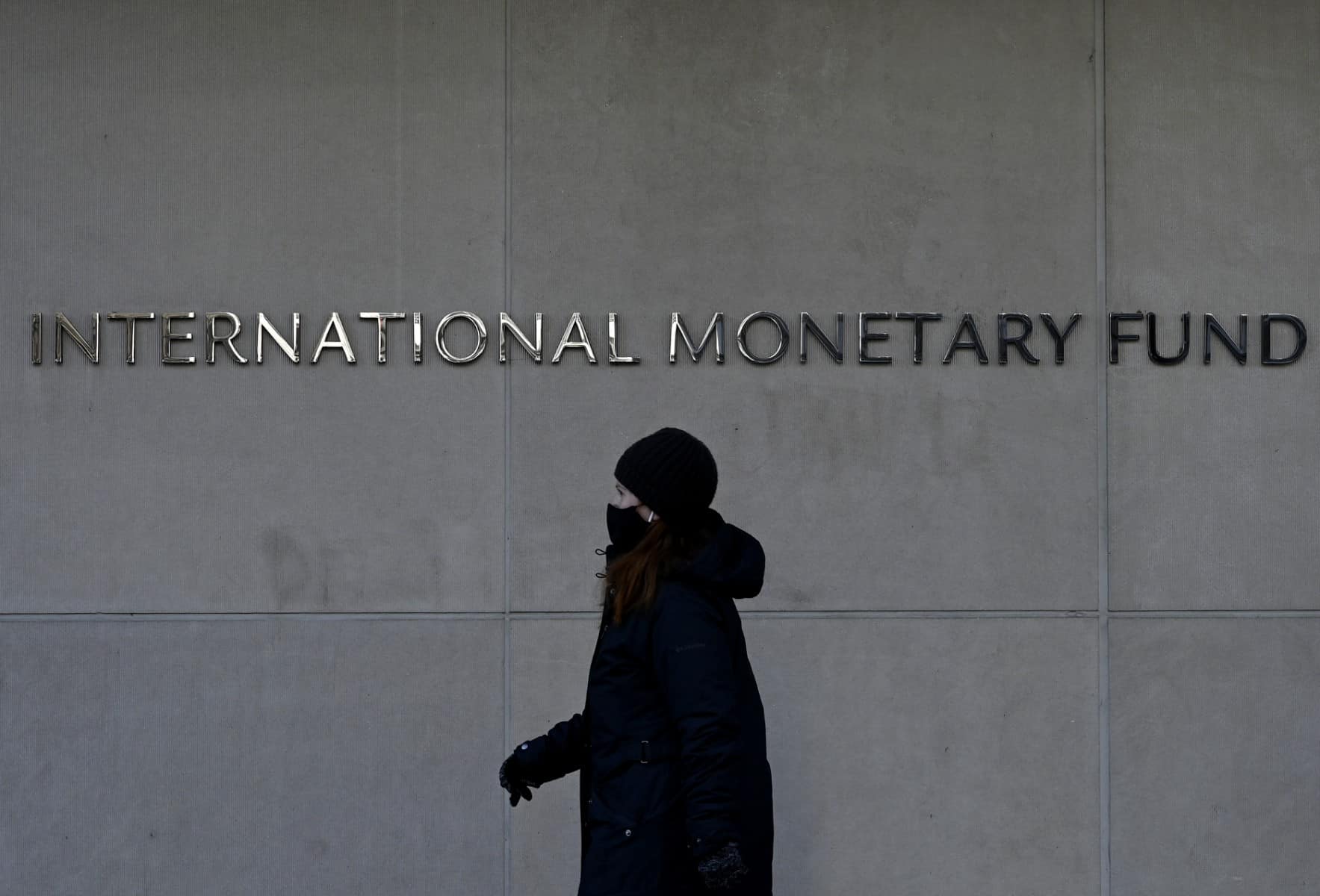WASHINGTON, US – Global government debt is on track to reach levels not seen since the height of the COVID-19 pandemic, the International Monetary Fund (IMF) warned on Wednesday.
China and the United States are responsible for the vast majority of the expected debt increase over the next five years, the head of the IMF’s Fiscal Affairs department, Vitor Gaspar, told AFP in an interview.
He was speaking ahead of the publication of the IMF’s Fiscal Monitor report on Wednesday morning.
“We have in 2023 a situation where public debt is higher than what was expected pre-pandemic,” he said.
Public debt is also expected to grow more quickly than was predicted before the pre-pandemic, he added.
In the US, government debt as a percentage of economic output – its debt-to-GDP ratio – is expected to surpass its pandemic-era peak by 2027, Gaspar said.
China, meanwhile, is expected to see its debt-to-GDP ratio rise every year.
Its debt burden is forecast to be almost double its pre-pandemic levels by 2028, according to the IMF.
This is largely due to China’s transition from an export-driven economy towards one fueled by domestic demand, Gaspar said.
Aside from the US, China and a few other countries, most other nations’ debt burdens are on a more positive path over the medium term.
More than 60 percent of countries have declining debt-to-GDP ratios over the next five years, Gaspar said.
In response to rising global debt, the IMF is making the “strong case for fiscal tightening,” he said.
Fiscal tightening would allow monetary policy to lower inflation “without such sharp increases in interest rates,” he said.
“It also allows for a better distribution of costs throughout the society,” he said.








